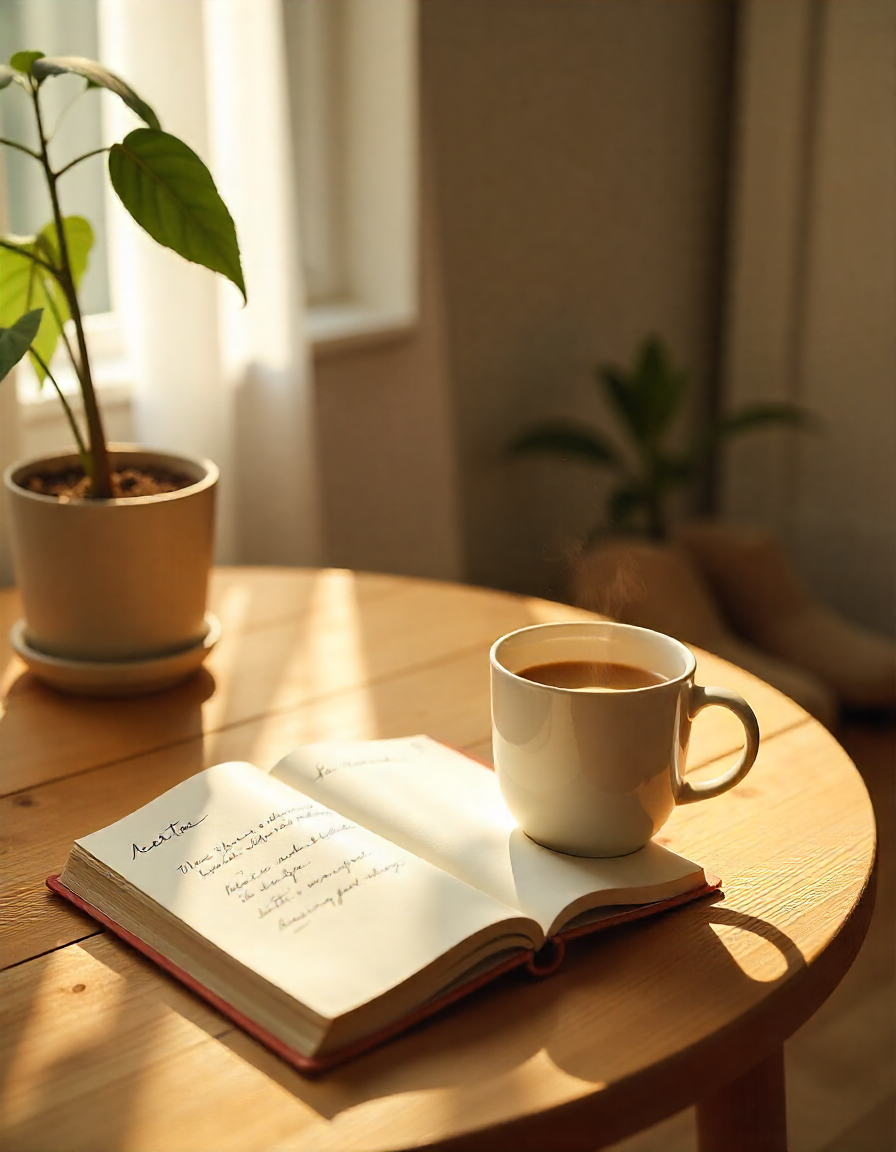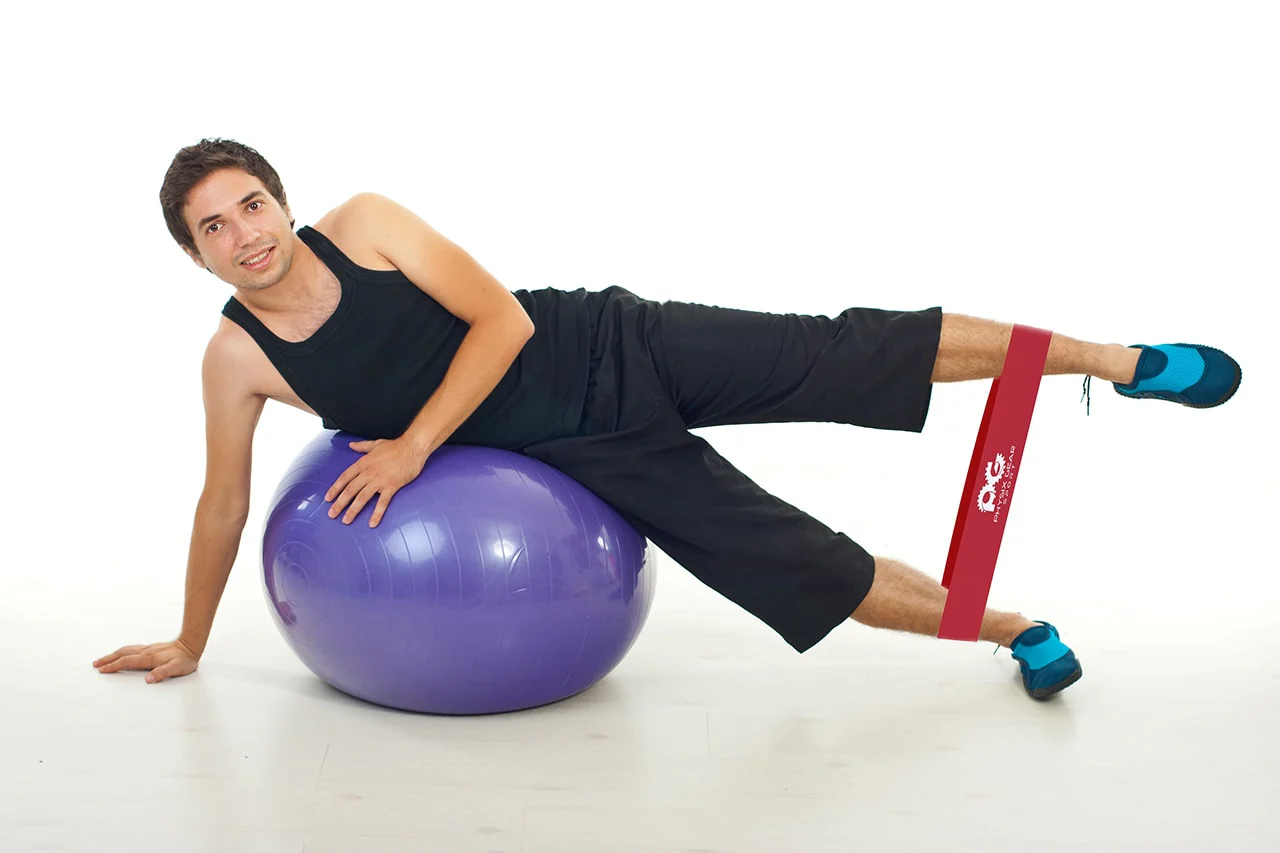There’s something quietly powerful about the small rituals we keep in our daily lives. They might not grab attention like major achievements or life-changing events, but they hold our days together in ways we rarely stop to appreciate.
From the morning coffee you brew half-asleep to the walk you take before sunset, routines create a sense of rhythm that helps us navigate a world that often feels chaotic.
Why We Crave Familiar Patterns
Humans are wired to seek patterns. This isn’t just habit—it’s a form of stability. In the early days of our species, knowing the predictable cycles of seasons, daylight, and food sources meant survival.
Today, our survival isn’t tied to whether we remember to water the plants or stretch after waking up, but our minds still respond positively to predictability. Neuroscientists have found that familiar actions reduce mental strain, freeing up energy for more complex decisions.
In other words, your daily ritual of making tea in the same chipped mug is more than comfort—it’s your brain saying, “Here’s one thing I don’t have to overthink.”
The Myth of Spontaneity as Freedom
We often romanticize spontaneity—leaping into new experiences without a plan, traveling on a whim, living each day as an adventure. While this has its appeal, a life without any anchors can quickly feel disorienting.
It’s a bit like walking through an unfamiliar city without street signs. The excitement fades into confusion, and after a while, you just want a landmark you can recognize.
Routines provide those landmarks. They don’t trap us; they give us a base camp from which we can explore. You can still welcome surprise and novelty, but when you return, there’s something steady waiting for you.
Tiny Acts, Big Effects
Not all routines have to be grand. In fact, it’s the smallest ones that often hold the most weight.
-
The way you always crack the window before bed to let in fresh air.
-
The playlist you queue when it’s time to focus.
-
The moment you pause before a meal to take a slow breath.
These micro-habits become touchpoints. Over time, they weave into the texture of your identity—quiet reminders of who you are and what you value.
When Routine Becomes a Rut
Of course, there’s a flip side. Routines can turn stale. What once grounded you can start to feel restrictive. This is where the art of gentle disruption comes in.
The trick is to shift small elements without tearing the whole thing apart. If your morning walk always follows the same street, try taking a different turn. If you always read before bed, switch the genre. These adjustments refresh your mind without stripping away the comfort of the structure.
Think of it like pruning a plant: the core remains, but it grows in healthier directions.
The Ritual as a Compass
Routines aren’t just for efficiency—they can be deeply personal acts of self-definition. The writer who lights a candle before starting to type. The teacher who arranges the classroom chairs in a certain way before students arrive. The gardener who hums while watering seedlings.
These acts may look mundane from the outside, but for the person performing them, they hold meaning. They say, “This is my space, my time, my way.”
It’s easy to dismiss these as quirks, but they are often the glue that holds creative and emotional life together.
Shaping a Routine That Serves You
If your current routines feel accidental—more like the result of inertia than intentional design—it might be worth stepping back to assess them.
Ask yourself:
-
Which habits give me energy?
-
Which ones drain me?
-
Are there moments in my day that could be transformed with a simple ritual?
You might discover that checking your phone the moment you wake up leaves you tense, while spending three quiet minutes stretching does the opposite. Small swaps like this have a ripple effect.
The Science Behind the Comfort
Routines reduce what psychologists call “decision fatigue.” Every choice you make—what to wear, what to eat, how to respond to an email—uses mental energy. Too many decisions can lead to stress, procrastination, and even poor judgment.
By putting certain parts of your day on autopilot, you conserve that energy for tasks that actually require it. It’s why many high-performing people—from artists to athletes—keep certain aspects of their daily lives simple and consistent.
It’s not about being boring; it’s about saving brainpower for what matters.
Routines in a Distracted World
In a culture that rewards busyness and constant engagement, routines can act as small acts of resistance. They are moments you control entirely, even if the rest of your day is dictated by deadlines, messages, and noise.
That morning coffee ritual? It’s not just caffeine—it’s a pause before the world starts demanding things from you. That evening walk? It’s a way of reclaiming your own thoughts before sleep.
These pauses are vital in maintaining mental clarity and emotional balance.
Letting Routines Evolve
It’s worth remembering that no routine has to be permanent. Life shifts—jobs change, relationships grow or end, health fluctuates—and your rituals can shift with it.
Some routines are meant for a season, serving a specific need at a specific time. Others stick for decades, becoming almost sacred in their familiarity. The key is to keep listening to yourself. If a ritual starts to feel heavy rather than grounding, it might be time to adapt it.
Closing Thoughts
Routines are not glamorous. They rarely make for exciting headlines or dramatic stories. But in a world that often feels uncertain, they can be an anchor. They’re the small, steady beats in the background that give your days a sense of flow.
The beauty is that you get to shape them. Whether it’s a cup of tea, a Sunday phone call to a friend, or ten quiet minutes before bed, these little moments are what life is built on—not the big milestones, but the patterns that carry you between them.
In the end, routines remind us of something we often forget: stability doesn’t come from controlling everything, but from knowing there will always be something familiar to return to.




